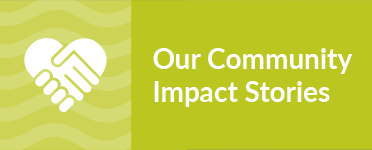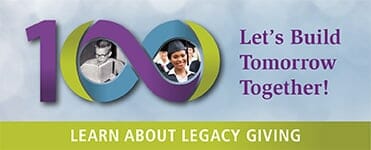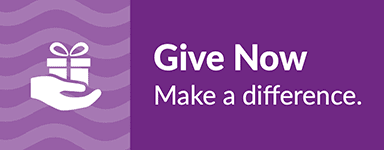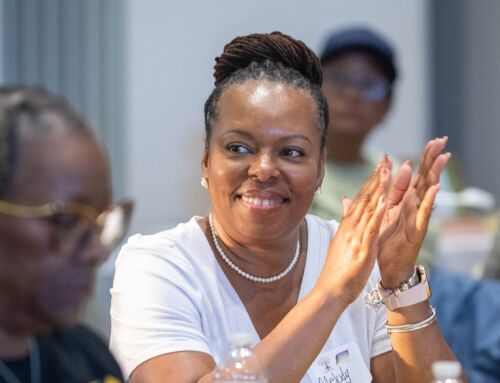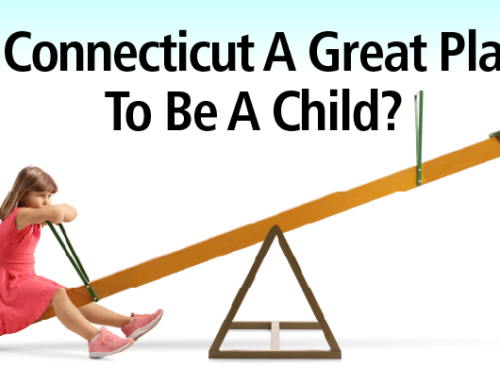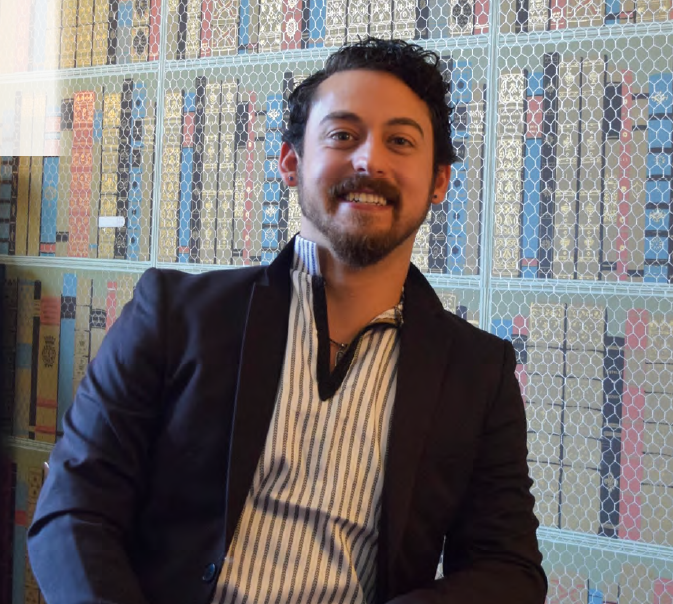
Among the many myths about the Millennial generation is that they are less engaged than their Baby Boomer and Generation X predecessors. In the world of philanthropy, that myth could not be further from the truth. In fact, a majority of Millennials—defined by the Pew Research Center as those born between 1981 and 1996—make charitable gifts each year. As they gain disposable income, pay off student loans, and build wealth, they are poised to become the most generous generation in history. More likely than their older counterparts to prioritize social causes over connection to particular institutions, Millennial donors are characterized by a belief that things can be better, and by a conviction that everyday actions matter—values that have earned them the nickname the “Impact Generation.”
Twenty-seven-year-old Waterbury resident Ahmad Abojaradeh puts a local face on this emerging generation of donors. Ahmad—who recently established a donor-advised fund at Connecticut Community Foundation—absorbed early on the importance of giving. They learned from their mother that “giving is a lifelong practice, regardless of what you have.” Though they were experiencing poverty as a displaced family themselves, the Abojaradeh family’s doors were always open to others in need. Reflecting on why they give, Ahmad explained that “life is too short to live it without communal and restorative support systems. My experiences are not unique. They are in line with statistics of philanthropy that show that the biggest givers…are the individuals who are not fully financially secure but recognize the need and value for every human being out there.”
Research shows that younger donors are often attuned to social inequities, focused on supporting systemic change, and apt to challenge foundations and other traditional funders to listen to a broader range of voices and invest in sustainable solutions. Ahmad—who is the founder and executive director of Life in My Days, Inc., a Waterbury-based nonprofit organization dedicated to supporting individuals and communities on their journeys to self-actualization—embodies this shift. They envision using their donor-advised fund “to support organizations that are working towards equity and justice through the lens of the lived experience ‘of the most marginalized and for the most marginalized,’ in particular organizations that don’t fit the typical norm of who and what has been funded traditionally. I chose Connecticut Community Foundation for the fund because I believe equitable funding begins at the community level and want the funds to go to my community.” Believed to be the youngest fund founder in the Foundation’s history, Ahmad—like many in their generation—wears the hats of community leader, change agent, activist, as well as philanthropist. The Foundation looks forward to working with more and more members of the Impact Generation as they follow Ahmad’s lead in aligning their giving with their own visions of a better future.


